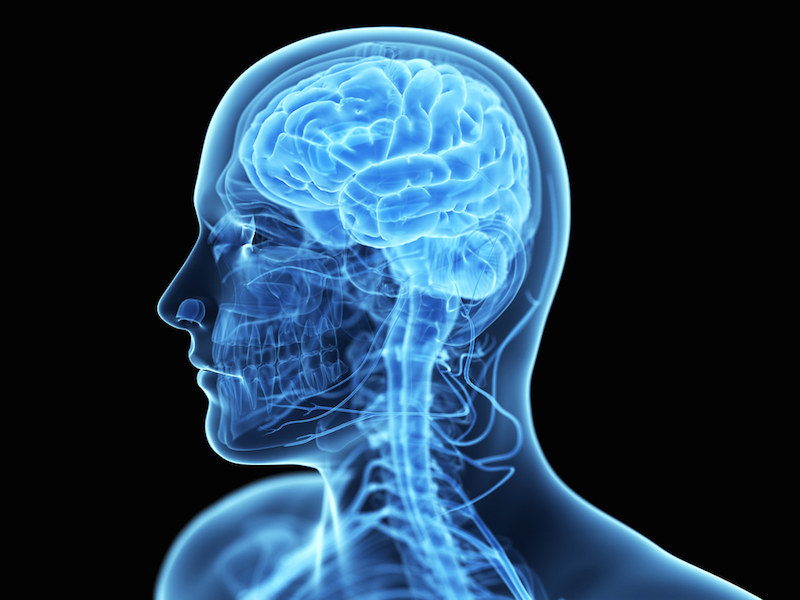Killer Drugs? Homicide Risk Linked to Medications

Both mental illness and the use of psychiatric drugs have been blamed for violent behaviors, but the scientific evidence for a connection is limited. Now, a new study suggests that taking not only tranquilizers but also regular prescription pain relievers is linked with an increased risk of committing homicide.
Researchers in Europe found that people who were on certain medications were at greatest risk of killing someone, compared with people who were not using these medicines. The high-risk drugs include benzodiazepines, a class of tranquilizers used to treat anxiety, insomnia and panic disorders, as well as pain relievers, such as opioid medications and anti-inflammatories,
The results also showed that people taking antidepressants had only a slight increase in homicide risk compared with people taking other medications involved in the analysis, even after the researchers took into account factors such as mental illness. The study was published online today (June 1) in the journal World Psychiatry.
The substantially smaller risk associated with antidepressants is the study's most important finding, said lead author Dr. Jari Tiihonen, a professor of psychiatry at the Karolinsksa Institutet in Stockholm, Sweden.
Antidepressants have previously been thought to be linked with crimes, for example, in some high-profile school shootings in Finland and the United States over the last decade, Tiihonen said.
In the new study, the researchers looked at data collected from about 960 men and women in Finland, ages 13 to 88, who were all convicted of homicide. For a control group, the researchers matched each person who committed homicide with 10 other people who had not committed homicide but were the same age and gender, and lived in the same town.
The researchers then searched a nationwide drug registry, looking at whether the people in the study had used psychiatric drugs, as well as medications that relieve pain, manage epilepsy and control addictions, over a seven-year period. The researchers also reviewed police reports to check whether the criminals were considered drunk or high at the time of these murders.
Get the world’s most fascinating discoveries delivered straight to your inbox.
The findings showed that tranquilizers increased the risk of committing a homicide by 45 percent and antidepressant use increased the risk by 31 percent. [Understanding the 10 Most Destructive Human Behaviors]
But those psychiatric drugs had a more modest effect on homicide risk than other types of medications. The researchers were surprised to find that the use of anti-inflammatory pain relievers was tied to an increase of more than 200 percent in the risk of committing homicide, while opioid pain relievers elevated risk by 92 percent, Tiihonen said.
The researchers speculate that tranquilizers may weaken people's impulse control. Other studies have suggested that using certain painkillers may dull mechanisms responsible for processing emotions.
It's important to point out that the study found an association, not a cause-and-effect relationship, so it does not prove that the use of specific drugs could lead someone to kill.
And while a 200-percent increase may seem like a large effect, the actual likelihood of someone committing a murder is still quite low, because the baseline rate of homicides is low, Tiihonen told Live Science. This is true even in the United States, which has a higher rate than Finland, he said.
Tiihonen said he suspects that doing a similar analysis of homicide and drug use in the United States would produce similar results. The higher baseline rate of homicide in the United States may be attributed to a higher proportion of premeditated crimes compared with Finland, a country where homicides tend to be impulsive acts, he said.
When asked about the practical implications of these findings, Tiihonen said that people should not be worried about the risk of violence associated with antidepressant use.
"If anything, we should be concerned about prescriptions of high-dose benzodiazepines and opioid painkillers for people with substance abuse," he said.
Follow Live Science @livescience, Facebook & Google+. Originally published on Live Science.
Cari Nierenberg has been writing about health and wellness topics for online news outlets and print publications for more than two decades. Her work has been published by Live Science, The Washington Post, WebMD, Scientific American, among others. She has a Bachelor of Science degree in nutrition from Cornell University and a Master of Science degree in Nutrition and Communication from Boston University.


